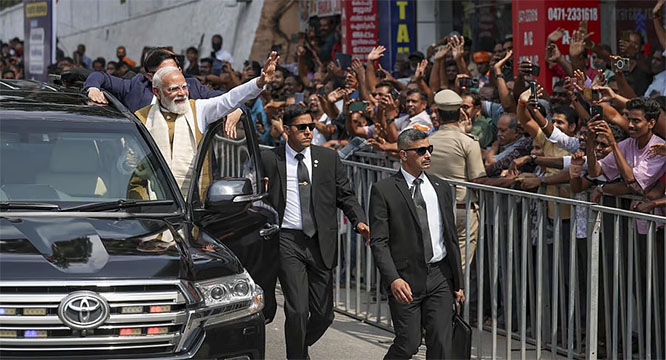
The US military has started the construction of a controversial maritime pier off the coast of Gaza, claiming that it seeks to bring aid into the besieged strip.
"I can confirm that US military vessels, to include the USNS Benavidez, have begun to construct the initial stages of the temporary pier and causeway at sea," Pentagon spokesperson Major General Patrick Ryder told reporters on Thursday.
US President Joe Biden ordered the construction of the pier in March. Shortly afterwards, the US deployed naval ships to the Eastern Mediterranean to construct the "floating pier" that will reportedly receive aid from Cyprus, and send it onward to Gaza.
The US announcement came amid mounting pressure on Israel to allow aid into Gaza as the UN and other aid agencies have warned of imminent famine due to Israel's prevention of the land-based delivery of life-saving aid to Gaza.
The deputy UN food chief said on Thursday the northern Gaza Strip is still heading toward a famine.
World Food Program (WFP) Deputy Executive Director Carl Skau called for a greater volume of aid to be allowed into Gaza and appealed for Israel to allow direct access from the southern Ashdod port to the Erez crossing.
The pier is scheduled to become operational in May.
Reuters quoted a senior Biden administration official, who asked not to be named, as saying that aid coming off the corridor will still need to pass through Israeli checkpoints on land, raising questions about possible delays even after aid reaches shore.
That is despite the aid having already been inspected by Israel in Cyprus prior to being shipped to the besieged strip.
According to the official, nearly 1,000 US troops would support the military effort, including in coordination cells in Cyprus and Israel.
The Israeli military said its troops would protect the US troops who are setting up the pier and provide logistics support for it.
Last month, experts said Israel backed the US plan to construct the pier in order to retain control over the aid deliveries and as a way to displace Palestinians from the besieged strip via the Mediterranean Sea, ahead of an expected invasion of the southern town of Rafah, where nearly more than half of Gaza's population of 2.4 have sought shelter from Israeli strikes elsewhere in Gaza.
Israel launched the war on Gaza on October 7 after the Palestinian resistance movement Hamas waged the surprise Operation Al-Aqsa Storm against the occupying entity in response to the Israeli regime's decades-long campaign of bloodletting and devastation against Palestinians.
Tel Aviv has also blocked water, food, and electricity to Gaza, plunging the coastal strip into a humanitarian crisis.
Since the start of the offensive, the Tel Aviv regime has killed at least 34,305 Palestinians and injured 77,293 others.







Comments
Add new comment